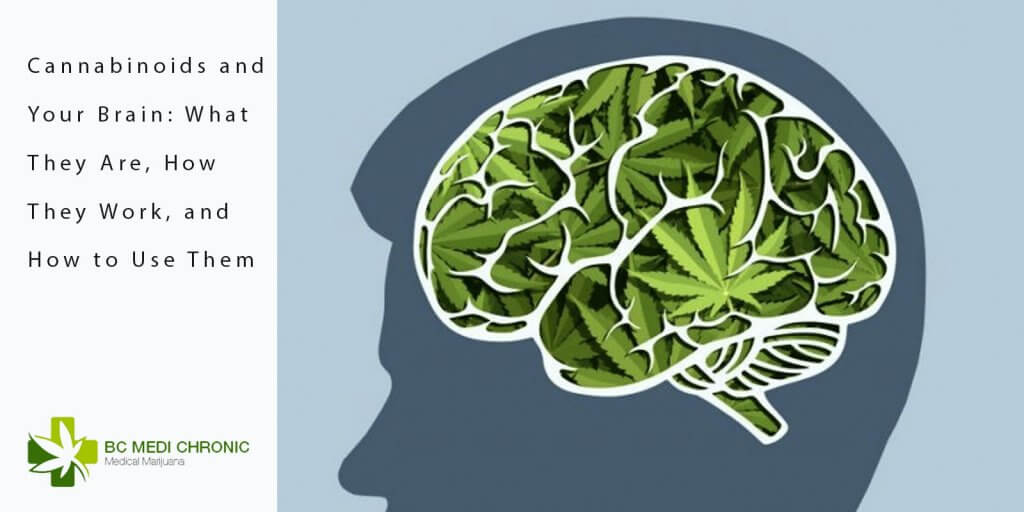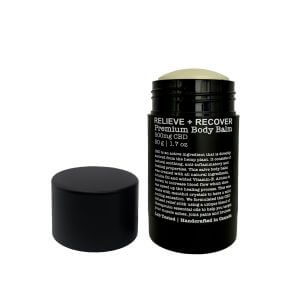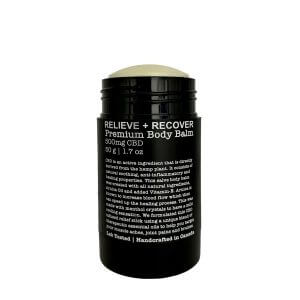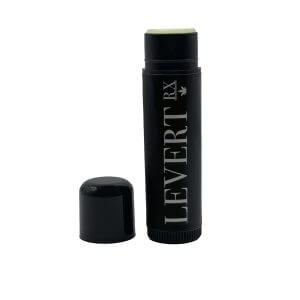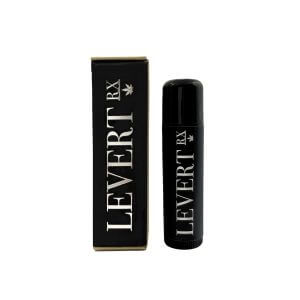Cannabis has been used as medicine for thousands of years. In recent decades, it has become widely popular as a recreational drug. The main psychoactive compound in cannabis is called THC (delta-9-tetrahydrocannabinol). It is difficult to study the effects of cannabinoids on the brain due to limited research and legal restrictions. However, what is known about cannabinoid science suggests that they play an important role in brain function. This article will discuss everything you need to know about cannabinoids and your brain: their structure, how they work, and how you can use them…
What are cannabinoids?
Cannabinoids are one of two main chemical compounds found in cannabis. Cannabinoids consist of a variety of chemicals that are found in the resins and trichomes (the hairs) of the cannabis plant. There are more than 80 cannabinoids that have been identified in cannabis. THC is the most well-known and widely studied cannabinoid. THC is the compound that causes a “high” when it’s consumed in cannabis, producing feelings of euphoria, relaxation, and hunger. Other cannabinoids, such as CBD and CBC, are non-psychoactive and can be beneficial in relieving numerous health conditions. THC is a complex compound that is made up of just over 400 molecules. Cannabis contains varying quantities of over 60 cannabinoids and over 1000 compounds. Cannabinoid compounds are not water-soluble and thus must be actively transported to the brain, where they are metabolized.
How cannabinoids work in the brain
Cannabinoids are similar to the neurotransmitters serotonin, dopamine, and adrenaline in that they affect the way neurons communicate with each other. However, cannabinoids don’t bind to the same receptors as neurotransmitters and therefore have a wider range of effects. Many cannabinoid compounds have been found to activate the same receptors as endocannabinoids do. Endocannabinoids are naturally occurring compounds that activate many of the same receptors as cannabinoids. Neurons communicate with each other through chemical signals called neurotransmitters, including serotonin, dopamine, and adrenaline. However, there are many areas of the brain that don’t receive any of these neurotransmitters. Cannabinoids have been found to activate these areas.
Healing effects of cannabinoids
Cannabinoids have been found to have anti-inflammatory properties and potentially modulate the immune system. Additionally, certain cannabinoids have been found to help with neurogenesis (the formation of new brain cells) and also reduce the risk of age-related cognitive decline. There is also some evidence that cannabinoids may have the potential to treat drug dependency.
Research has found that certain cannabinoids in cannabis may potentially reduce symptoms of anxiety and depression. The cannabinoids interacts with the same receptors as endocannabinoids do. This may explain how cannabinoids can have anti-inflammatory properties and potentially increase neurogenesis, while simultaneously reducing symptoms of anxiety and depression.
How to use CBD in your daily life
CBD can be beneficial in many ways, but it’s most effective when taken in food form as part of a diet. However, it can also be used in a liquid form or as a tincture, which can be taken in a capsule. The ideal method depends on the person, but most people find that eating or drinking it is the easiest way to get the benefits of CBD. Taking CBD products orally is thought to be the best way to reap the benefits of cannabinoids. When you take an edible, the cannabinoids are absorbed into your bloodstream through the digestive system. The liver stores most of these chemicals, so when you take them back out again, they’re available for the brain to use.
Conclusion
Cannabinoids play an important role in brain function and may be able to help with a number of health conditions, including anxiety and depression. They can be consumed as a dietary supplement or used topically. Talk to your doctor before consuming cannabinoids. Visit BCMedichronic.co online dispensary for all your cannabis needs.

